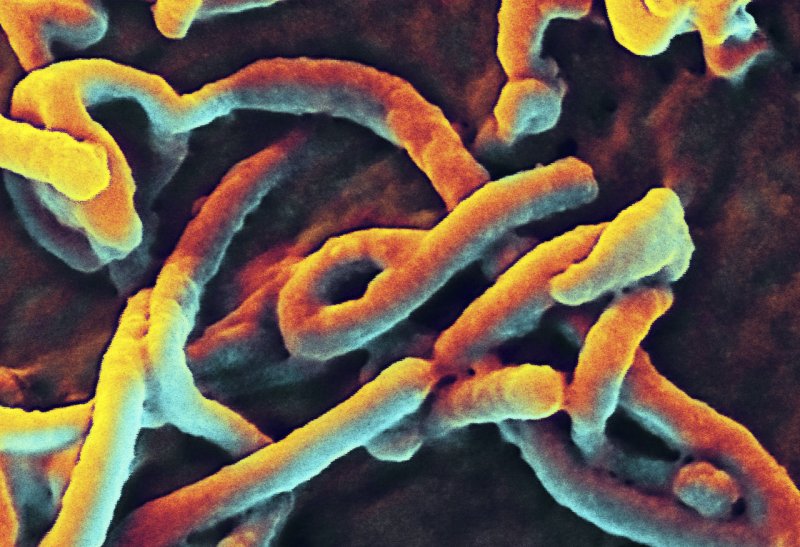NEW HAVEN, Conn., Oct. 24 (UPI) -- A study by the Yale University School of Public Health suggests a massive increase in Ebola virus cases will affect Liberia within weeks.
A mathematical model of the disease by a group from Yale, working with the Ministry of Health and Social Welfare in Liberia, was applied to Liberia's most populous county, Montserrado, which includes the capital city of Monrovia. As many as 170,996 cases of the disease, with 90,122 deaths in Montserrado alone, were projected by Dec. 15. Those figures reported and unreported cases. Of those figures, researchers expect that only 42,669 cases and 27,175 deaths will be officially reported by Dec. 15.















